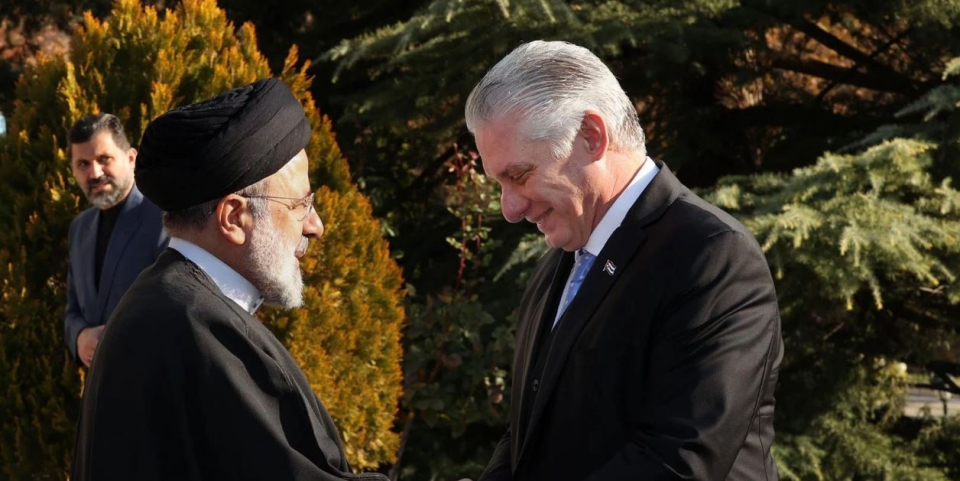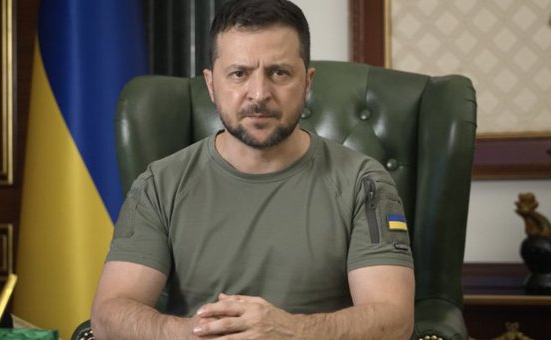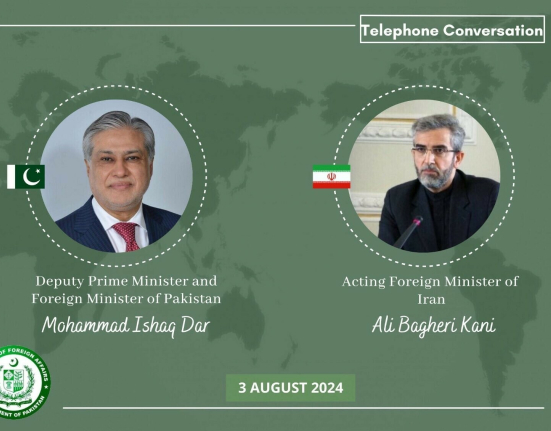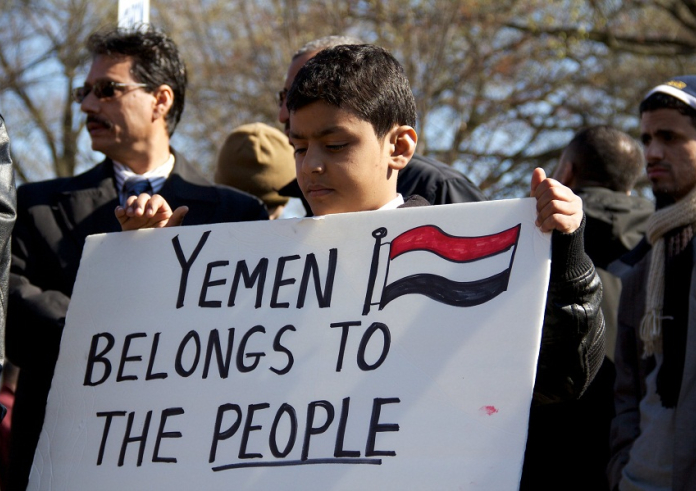Iran and Cuba signed seven cooperation documents and Memorandums of Understanding (MoU) on 4 December during a landmark visit to the Islamic Republic by Cuban President Miguel Diaz Canel.
The fields in which the two nations will expand cooperation include science and technology, health, agriculture, energy and mining, communication, and medicine.
Diaz Canel arrived in Tehran on 3 December, marking the first official visit by a Cuban leader to Iran since Fidel Castro’s visit in 2001.
"We seek to strengthen the historical relations between the two countries, which have been built on mutual respect for 40 years; my visit aims to confirm our friendship with #Iran, and in this context comes the signing of 6 cooperation agreements," the Cuban president said during a joint news conference with Iranian President Ebrahim Raisi.
For his part, Raisi stressed that both Iran and Cuba are resisting the “arrogant system” led by the US and warned the west of their “miscalculation” in sanctioning both nations.
“The US and arrogant system think that sanctions can force countries to surrender, but this calculation is incorrect,” the Iranian president emphasized.
Iranian Foreign Minister Hossein Amir-Abdollahian visited Cuba earlier this year, calling the Caribbean nation "a friend, brother, and strategic ally."
Despite crushing economic sanctions from the west, over the past several years the Islamic Republic has significantly bolstered ties with nations in Latin America.
The Iranian foreign minister visited Nicaragua earlier this year to discuss improving bilateral ties. During his visit, the top Iranian diplomat also met with Nicaraguan army commanders to discuss ways to “end” US hegemony in the region.
In June, Bolivian Defense Ministers Edmundo Novillo and Iran’s Mohamad Reza Ashtiani inked an MoU on defense and security affairs. Iran had also previously agreed to help Bolivia combat drug trafficking along its borders.
Tehran has also proved essential in helping Venezuela overcome US sanctions, allowing the South American nation to rebuild its battered oil refineries and providing oil dilutants and technical help to boost oil trade with countries like Russia and China.

















